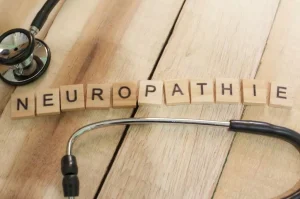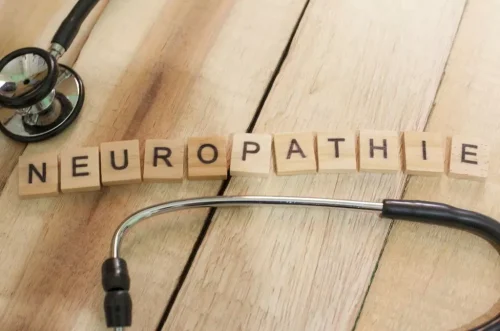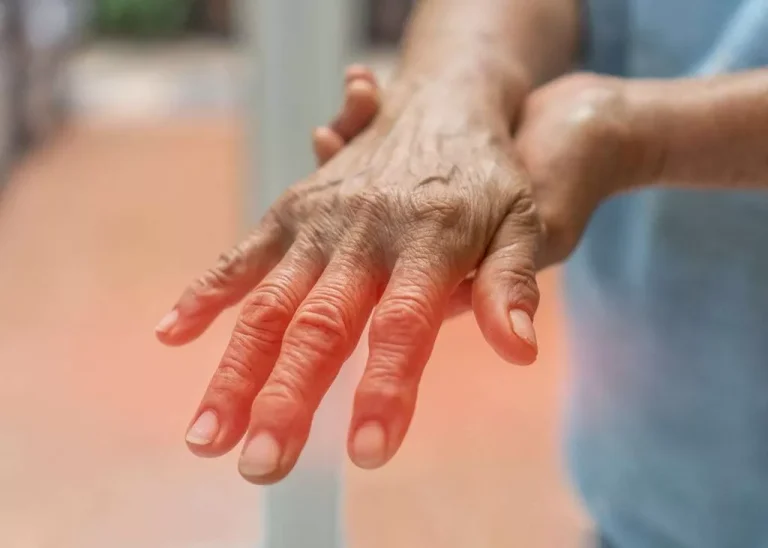
Another reason behind the heterogeneity was probably the variation in alcohol intake duration and in the timing of measurement of outcomes across the included studies. Most studies gave participants 15 to 30 minutes to finish their drinks, started measuring outcomes sometime after that, and continued taking measurements for a certain period, but there were some exceptions. Chen 1986 did not report consumption duration nor timing of measurement of BP and HR. Dai 2002 gave participants five minutes to consume high doses of alcohol and measured outcomes immediately.

Internal sources

For remaining studies, we (ST and CT) retrieved full‐text articles for further assessment. Any disagreements regarding inclusion or exclusion of studies were resolved by discussion between review authors. The reason for exclusion was documented for each citation at the full‐text level. We how does alcohol affect high blood pressure also checked the list of references in the included studies and articles that cited the included studies in Google Scholar to identify relevant articles. All randomised controlled trials (RCTs) that compared alcohol to placebo or similar tasting non‐alcoholic beverages were included in this systematic review. To determine short‐term dose‐related effects of alcohol versus placebo on heart rate in healthy and hypertensive adults over 18 years of age.
Heart Matters
- Different genetic variants of ADH and ALDH enzymes have been found to show strikingly different rates of alcohol metabolism among different races (Chen 1999; Peng 2014; Agarwal 1981).
- High‐dose alcohol consumption increased HR by approximately 6 bpm in participants, and the effect lasted up to 12 hours.
- The CDC notes it is impossible to know whether these health benefits are due to drinking low amounts of alcohol, or whether they are due to differences in genetics or behaviors of people who drink moderately compared with those who do not.
- Mixing of various measurement techniques (manual, semi‐automated, and fully automated) in the meta‐analysis might have led to some of the heterogeneity.
- For example, alcohol consumption typically has been measured through self-report.
- So, it’s important to think about your overall health and talk to a healthcare provider about your personal risk factors.
Researchers looked at data from over 19,500 participants, allowing for vast information collection. The studies included participants from the United States, Japan, and South Korea. A number of factors can contribute to high blood pressure, including alcohol consumption. Some of the potential cellular changes related to ethanol consumption reviewed above are illustrated in figure 5. More than one cellular event may be happening at the same time, and, as with other chronic health conditions, the relevant mechanisms may be synergistic and interrelated.
How we reviewed this article:
Test out having a break for yourself and see what positive results you notice. The best way of knowing if there’s a problem is to have your blood pressure measured. You can have this done at your GP surgery, some local pharmacies, at your NHS Health Check or you can buy a reliable blood pressure monitor from the pharmacist. Let your healthcare professional know if you often have trouble sleeping. But if you don't have sleep apnea or restless leg syndrome, follow these simple tips for getting more restful sleep. Some examples of aerobic exercise that can help lower blood pressure include walking, jogging, cycling, swimming and dancing.
Data and analyses
The Cochrane Hypertension Information Specialist searched the following databases without language, publication year, or publication status restrictions. Sign up for free and stay up to date on research advancements, health tips, current health topics, and expertise on managing health.

If you have high blood pressure, do not drink alcohol or don't drink much alcohol. For healthy adults, that means up to one drink a day for women and up to two drinks a day for men. Drinking too much alcohol can raise pressure on the walls of blood vessels to unhealthy levels. Having more than three drinks in one sitting raises blood pressure for a short time. Binge drinking over and over can cause long-term rises in blood pressure.
Hypertension can be genetic or may be due to environmental factors such as poor diet, obesity, tobacco use, excessive alcohol consumption, and sedentary lifestyle (Weber 2014; WHO 2013). A population‐based study showed that the incidence of hypertension is higher in African descendants (36%) than in Caucasians (21%) (Willey 2014). Proper management of hypertension can lead to reduction in cardiovascular complications and mortality (Kostis 1997; SHEP 1991; Staessen 1999). Although pharmacological interventions can effectively reduce blood pressure, multiple studies have shown that a healthy lifestyle alone without any pharmacological interventions can greatly reduce the prevalence of hypertension (Appel 2003; Guitteau 2006). We planned on conducting sensitivity analyses on studies based on their level of risk of bias (high‐risk studies versus low‐risk studies). Most of the included studies had similar risk of bias across all domains except for performance bias and detection bias, for which risk arises from blinding of participants, personnel, and outcome assessors.

Want to get fit and healthy?
The autophagy pathway also is rapidly upregulated during ATP depletion, mitochondrial dysfunction, and oxidative stress. Ethanol-mediated increases in autophagy therefore may be an important mechanism underlying the adverse myocardial effects of ethanol. The Centers for Disease Control and Prevention defines light drinking as three drinks or fewer per week and moderate drinking as no more than one drink per day for women and up to two per day for men. Hypertension leads to an increased risk of other health problems, including stroke, heart attack, and heart disease. In the case of registration https://ecosoberhouse.com/ at clinical trials.gov, we considered only one study to have low risk of bias (Barden 2013). The trial was registered with the Australian New Zealand Clinical Trials Registry (ANZCTR).
The AHA states even people who drink one alcoholic beverage per day showed a link to higher blood pressure compared to non-drinkers. Drinking alcohol may also increase blood pressure for a short amount of time even in healthy people. According to the published protocol, we intended to include only double‐blind RCTs in this review. Because higher doses of alcohol exert specific pharmacological effects on drinkers, we had a few double‐blind RCTs after the first screening.

